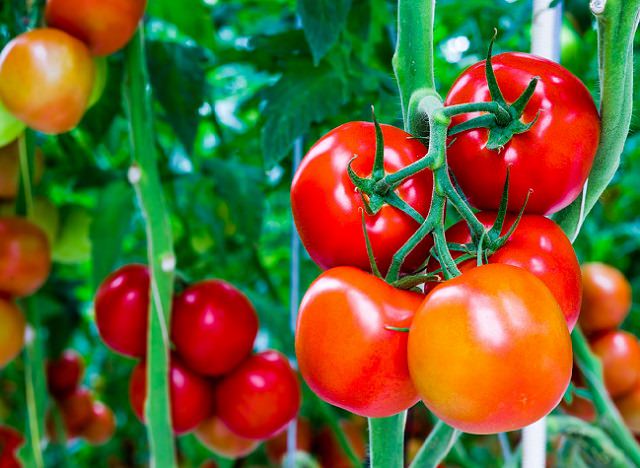Tomato yellow leaf curl disease (TYLCD) caused by tomato yellow leaf curl virus-like viruses is the most destructive disease of tomato, causing severe damage to crops worldwide and resulting in high economic losses. To combat this disease, many farmers opt for intensive application of insecticides. However, this practice is frequently ineffective and has a negative impact on the environment and human health.
Alternatively, some farmers plant TYLCD-resistant tomato varieties, but these hybrid varieties are often tasteless and a poor comparison to the robust flavor of traditional tomatoes. As a result, there is a demand for effective and environmentally-friendly control measures to prevent continuing widespread damage of TYLCD, as well as other plant viruses. To answer this demand, a team of scientists at the Spanish Council of Scientific Research (IHSM UMA-CSIC) conducted field and greenhouse trials for three consecutive years and found two environmentally-friendly control alternatives to insecticides.
First, they discovered that protecting tomato crops with UV-blocking plastics led to reduced TYLCD damage. Secondly, they found that the application of a salicylic acid analogue to strengthen tomato plant defenses was also effective in reducing TYLCD-associated losses. For the most effective results, the team recommends that farmers combine both control practices. These practices are proposed for commercial use in open field or on protected tomato crops. These findings also suggest the possibility for future discovery of environmentally-friendly virus control strategies.
(Source: Agriculture and Food News, ScienceDaily. www.sciencedaily.com)




